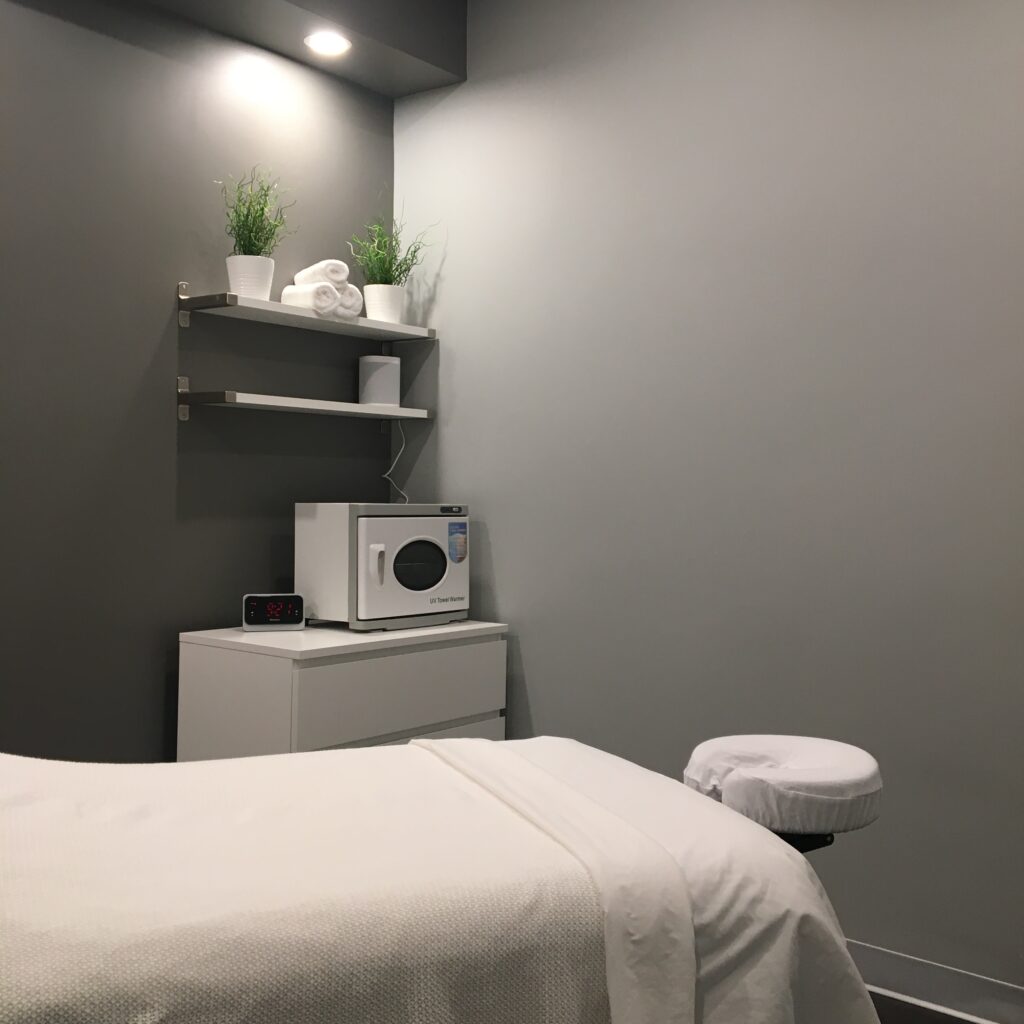What Are the Benefits of Massage Therapy for Seniors?
Maintaining a healthy mind and body is important at any age, which makes massage therapy a great option for those looking to improve their physical and emotional wellbeing by alleviating aches, pain, injury, stress, etc.
For aging adults, massage therapy can be especially appealing because of age-related conditions that may bring pain and discomfort, such as joint inflammation, poor circulation, arthritis, or osteoporosis. Whether seniors are experiencing certain physical areas of concern that they would like to address, or they are looking to maintain a relatively pain-free lifestyle, massage therapy might be the right option.
Below is an in-depth look at some of the common conditions that affect those over 65 years of age, and how massage therapy can benefit.
Massage Therapy Can Improve Circulation
Several factors can lead to poor circulation in seniors, such as a sedentary lifestyle or chronic conditions like diabetes or high blood pressure. Poor blood flow can cause a number of symptoms, including pain, cramps, and swollen limbs.
When circulation is poor, oxygen and other essential nutrients are not being properly delivered to the muscles. Massage can help to directly reverse this. The act of massaging involves physical pressure on soft tissue, which is believed can help move blood through areas of your body that are restricted. What results is better flow and increased circulation, which can lead to better overall body function.
Massage Can Treat Arthritis
There are over 100 different types of arthritis, all of which can impact individuals of any age. Currently, 1 in 2 seniors in Canada over 65 have arthritis, and it is projected that by the year 2040, nearly 60% of women over 65 years old will develop this health condition. Arthritis not only impacts physical health but can also disrupt daily activities due to discomfort. Activities around the house might seem more difficult, or running errands may take more effort, as many who live with arthritis report mobility difficulties.
Massage therapy can directly tackle some of the physical pains associated with arthritis. The National Institute of Arthritis and Musculoskeletal and Skin Diseases states that when done by a trained registered massage therapist, numerous massage techniques can help to manage pain and improve joint motion, which can lead to an overall improvement of muscle flexibility. Depending on the type of arthritis, different types of massage can help with different symptoms. For example, those with rheumatoid arthritis can benefit from massage techniques that increase circulation, while those with osteoarthritis can benefit from the reduction in swelling and pain that massage offers.
Massage Can Increase Flexibility
As we get older, our muscles tend to get rigid and tight, which can often result in inactivity due to pain that causes limited mobility. To help combat this, massage works to loosen those tight muscles and joints, which can lead to a greater range of motion. Since massage targets important areas of the body like our muscles, tissues, tendons, and joints, various therapeutic techniques can help lead to more joint fluidity and elasticity, which can lead to reduced pain and a lesser chance of injury.
Massage Assists in Neurological Disorders such as Alzheimer’s and Dementia
Massage therapy is known to help those who have Alzheimer’s disease become more aware of their body, generate an increase in alertness, and reduce feelings associated with the disease such as confusion and anxiety. Therapeutic touch has also shown to be effective in increasing the quality of life among those with this disorder, as many feel nurtured and less anxious thanks to the reduction of stress hormones in the body while receiving a massage.
Massage Therapy Improves Mental Health
About 15% of seniors in Canada experience depressive symptoms, which can cause a number of physical and emotional symptoms. Although mental illness can arise for a number of reasons, often social isolation or chronic disease can cause depression in seniors, leading to symptoms like sleep problems, fatigue, pain, etc.
Massage has been shown to have a direct impact on our brains, down to a chemical level. When we experience stress, for example, our cortisol level rises, and we begin to feel those very physical symptoms that come along with it. However, while receiving a massage, our serotonin levels (the mood-regulating hormone) and dopamine levels (the hormone that makes us feel happy) increases up to an average of 30%.
If you are over 65 and are looking to get started on your massage journey, be sure to check out one of our locations nearest you.

